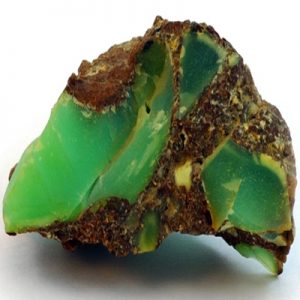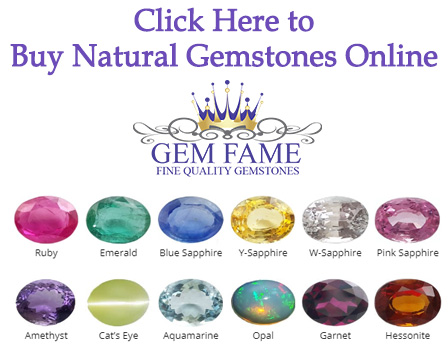Chrysoprase
Chrysoprase is a translucent, apple-green variety of Chalcedony which is a type of cryptocrystaline, or fine-grained, Quartz having a microstructure that is fibrous. Chrysoprase is colored tones of green by the presence of nickel (N). It really is always translucent, never fully clear and usually found as cabochons but may be faceted also. It is a really material that is attractive an very nearly unique color in the gem world. Due to the color and source that is typical Chrysoprase has also been called Australian Jade.
Chrysoprase is available mostly in Australia at Nundle, New South Wales and Marlborough, Queensland; but additionally found in Brazil at Goiás, Central-West Region and Bahia, Northeast Region and Minas Gerais, Southeast Region. Lesser understood sources are Szklary, Zabkowice (Frankenstein), Zabkowice District, Lower Silesia, Poland; Kuruman, Northern Cape Province, Southern Africa; Plomosa Mts, La Paz County, Arizona, USA and Newfane, Windham County, Vermont, USA
| Chemical Formula: | SiO2, Silicon dioxide |
| Crystallography: | Trigonal – Trapezohedal |
| Crystal Habit: | Widely variable; but typically fibrous (Agate, Chalcedony & Chrysoprase) |
| Twinning: | None (Agate, Chalcedony & Chrysoprase) |
| Cleavage: | [0110] Indistinct |
| Fracture: | Conchoidal |
| Tenacity: | Brittle |
| Hardness (Mohs): | 7.0 |
| Density: | 2.60 – 2.65 (g/cm3) |
| Luminescence: | None |
| Radioactivity: | Not Radioactive |
| Color: | Various shades of Green |
| Transparency: | Translucent to Transparent |
| Luster: | Vitreous |
| Refractive Index: | 1.543 – 1.554 Uniaxial ( + ) |
| Birefringence: | 0.0090 |
| Dispersion: | 0.013 (low) |
| Pleochroism: | None |


